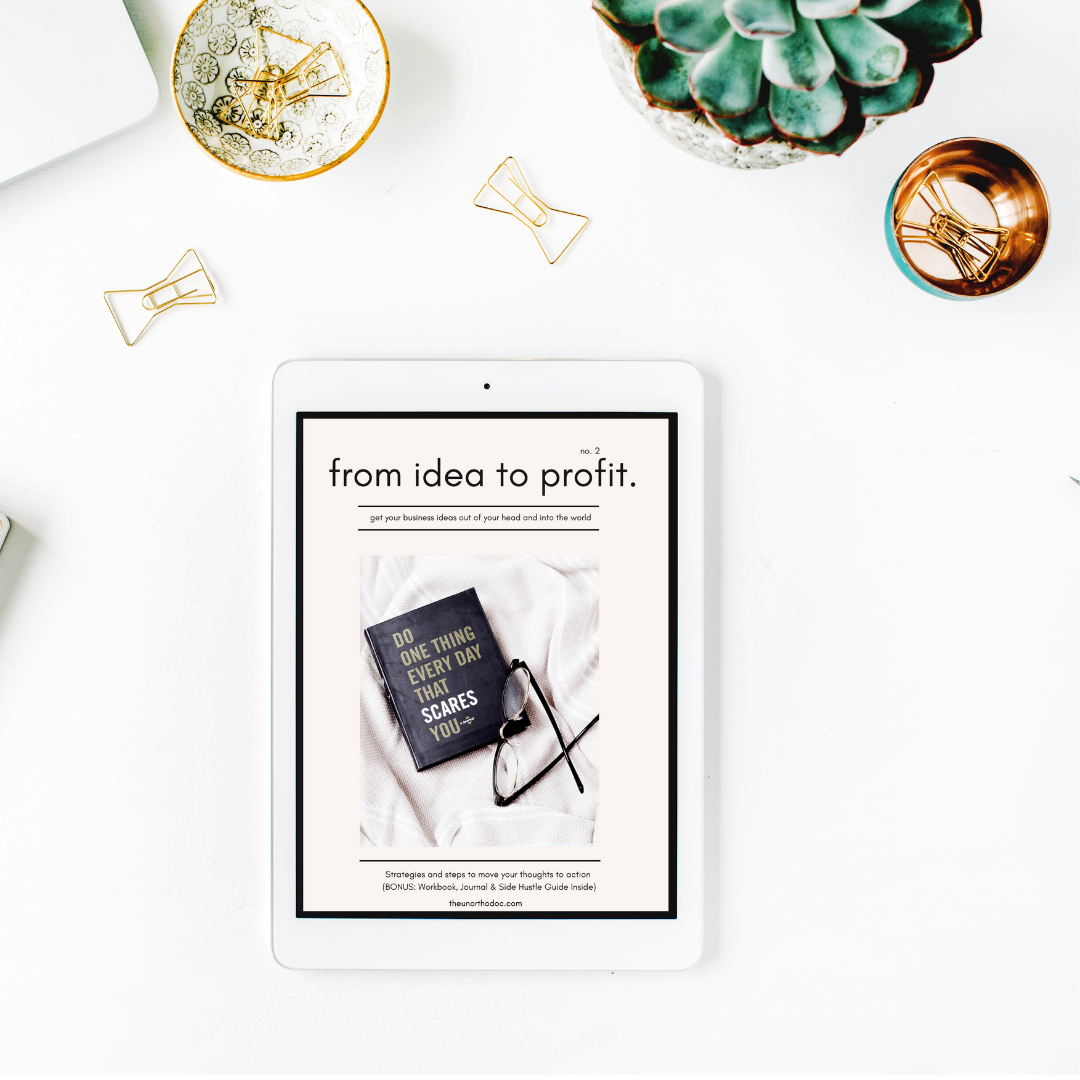Financial Foundation: Get Good With Money
In my book club so far this year we’ve read two books on money and they were very different. The first one, Die With Zero tells us to spend our money, throw caution to the wind and live! while the second book, The Psychology of Money tells us a different story - that one should prepare for life’s lemons, save, invest then save some more as life will inevitably through us curveballs. Both books offered great insight and are the inspiration behind this blog post.
While both books are different in their messaging, there still lies fundamental basics that both authors agree on: You must get good with money.
In my opinion, we cannot begin to even get good with money if we don’t have the basics down. This might be a refresher to some and a reminder to others. After this post, grab your daily budgeting sheets (or grab them here), pull up your online banking platform and get to work.
Here are 5 things to get started on the right path:
1. Have a PLAN
Create a roadmap for your finances. What are your financial goals and what will you do to achieve them? Perhaps you would like to earn more money this year? Realistically, how much would that be? How would you go about achieving this? Break your goals down into bite-sized action steps and work diligently to reach them. Put a timeline on each goal to keep yourself accountable. Make a plan for all the things that will require money. Consider hiring a financial planner/advisor that can give you personalized recommendations and keep you on a timeline.
2. Create and Commit to a Budget
I know I know, we don’t really like budgeting, It’s boring but it must be done. This will take some discipline. Consider adopting and applying the the 50-30-20 rule. Essentially this means, 50 percent of your money each month should go to essentials like bills and housing, 20 percent should go towards your financial goals like savings, saving for retirement and paying off debt/student loans, and 30 percent should go towards wants like vacation, entertainment, etc. Personally I dedicate 30% to financial goals and 20% for miscellaneous things like vacation and entertainment. Of course your budget sometimes need a little wiggle room and things do change so adjust along the way but for the most part try to stick to this plan. Automate it so that you don't have to think about it.
3. Start/Fund Your Retirement Account
It is really important that you get on this early! It is vital that you prioritize creating and contributing to a retirement fund and take advantage of compounding interest. Compounding interest will do a lot of the hard work for you if you start early. Here are the contribution limits or 2023. Try to maximize your contributions and take advantage of any match system your job has to offer. Speak with your accountant about the tax benefits of each type of account.
4. Keep an Emergency Fund
Make sure you have at least three (3) to nine (9) months of funds saved up for a rainy day. If 2020 taught us anything, it’s that we need to be prepared for anything and that life will inevitably through us curveballs. Your emergency fund is where part of the 20 percent savings portion of your budget should go, and it's there in case you lose your job, become ill, or encounter an unexpected expense. Keep this money in a separate savings account at a separate bank from your checking account and forego a debit card for that account. Also, automate your contributions. Ask your employer to direct debit a portion of your salary into your emergency fund account. You can also consider placing the funds into an account with high yield interest. Personally I use Ally and have been for years, but there are quite a bit of online banks with high yield interest accounts like Synchrony Bank, Marcus by Goldman Sachs, UFB etc.
5. Tackle your debt.
All debt are not created equal. It is unreasonable to tell anyone to get rid of all debt, especially if you live in the US where the financial system runs on you having debt. However, there are some debt that’s considered “bad debt” like credit card debt because it grows pretty quickly and doesn't help you in the long term. Interest rates are usually high and can take a very long to pay off. Unless of course, you stay on top of it and pay the full balance each month. On the contrary, some may argue that student loans are a form of “good debt” because it's an investment into your future earning potential. Put as much money as you can towards credit card bills first starting with the ones with the highest interest. Once that's paid off, prioritize the next highest interest debt, and so forth. Also consider automating the contribution to your debt payment so that you never have to worry about a missed or late payment.
These are the very basics. As with anything, there must be a solid foundation. Once this foundation is built, you can now go on to build on your money making/diversifying prowess. Get these planner sheets to keep you organized to stay on top of your money goals and if you love books join my book club.
Want to make more money in 2023? Grab the e-book:
This e-book is written for those who want to get their business ideas out of their heads and into the world. It includes action packed steps to move you from thought to action in as little as 1 week.
Bonus: FREE side hustle guide, side hustle workbook and journal with this purchase














